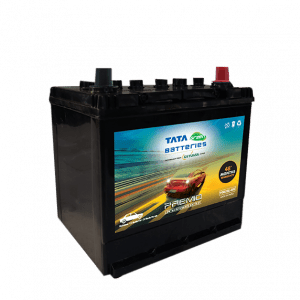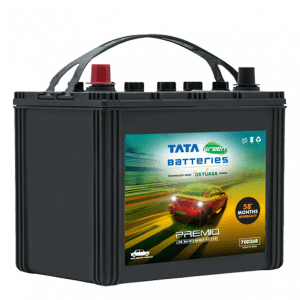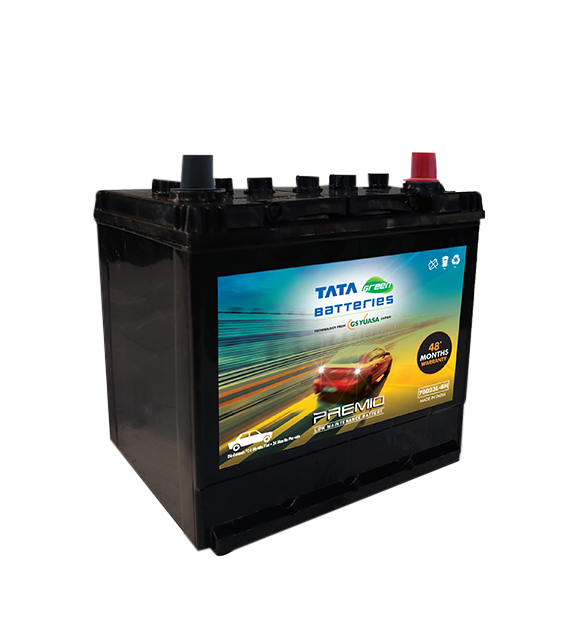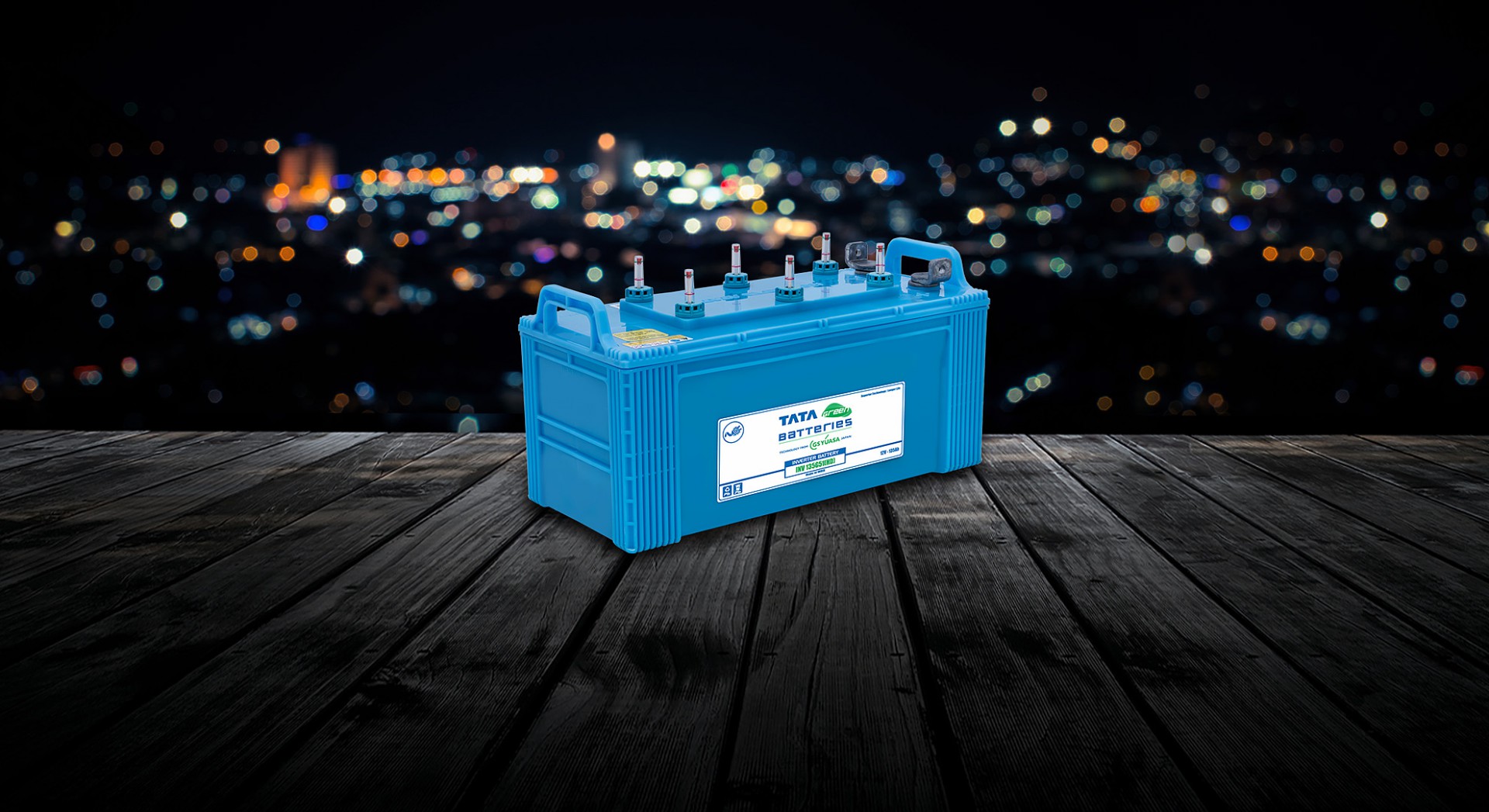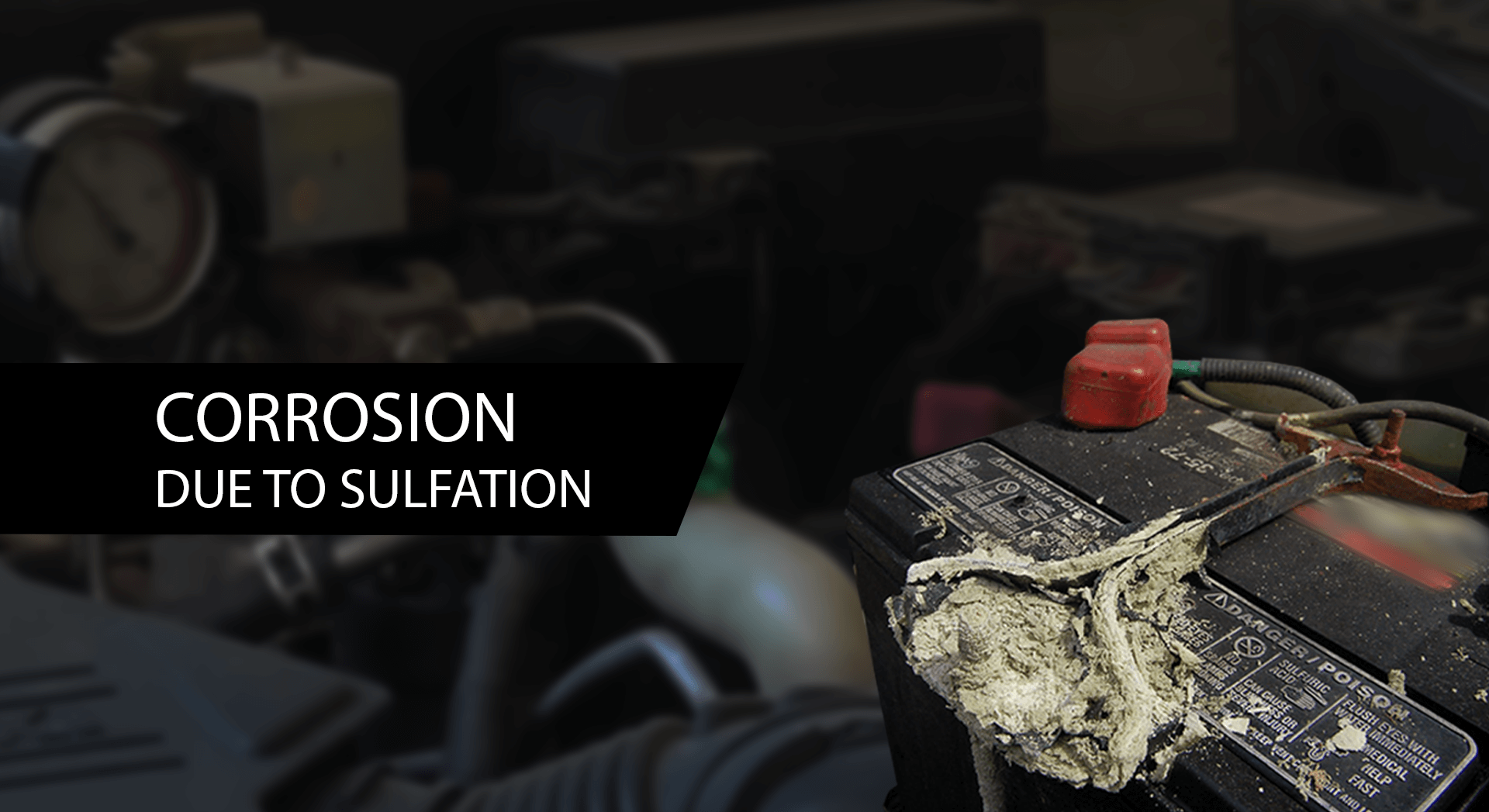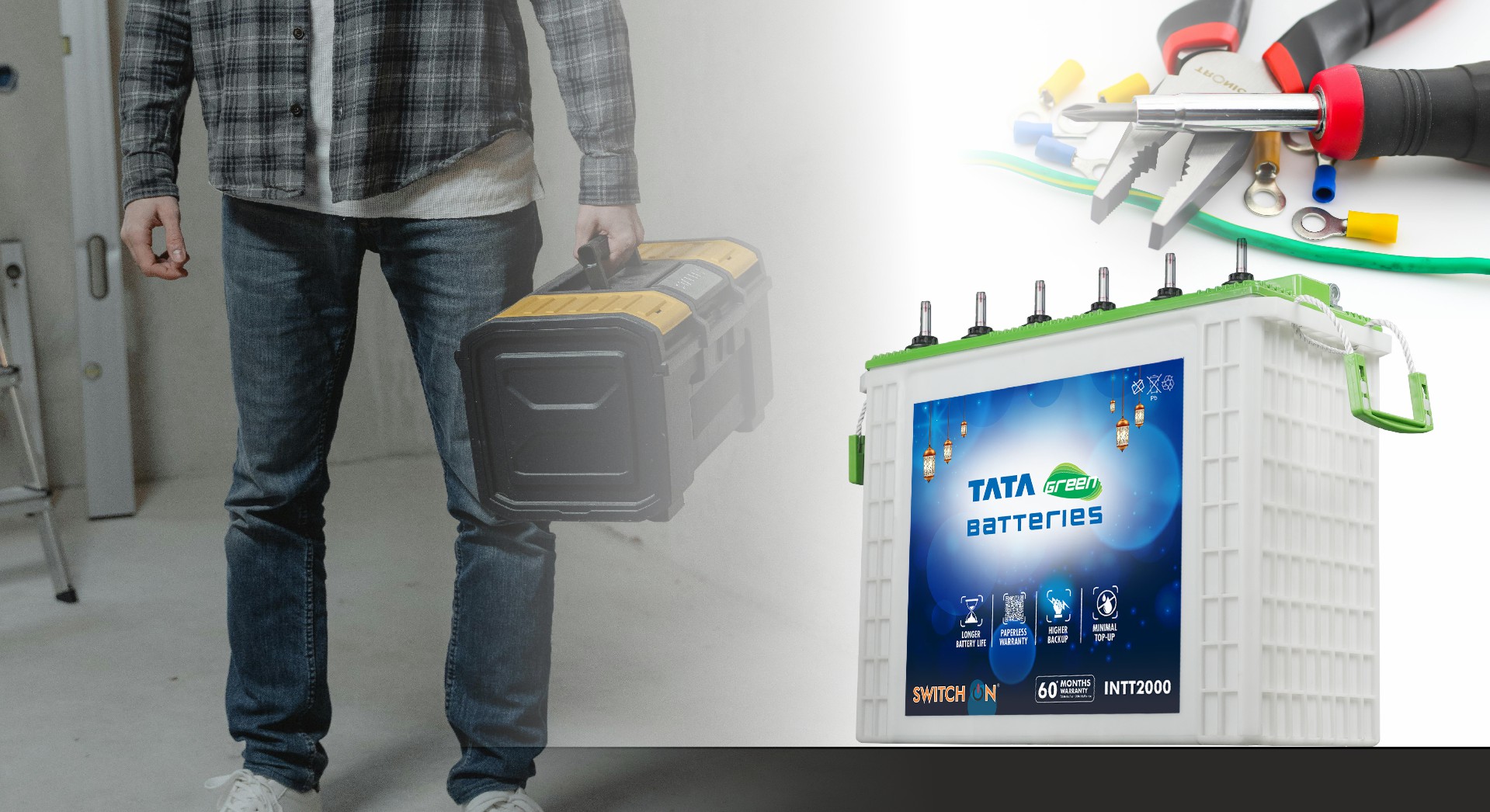When you think about prepping for a road trip, you probably check your tires, fill up the tank, maybe even pack some snacks. But there’s one component that often gets ignored and it’s the one that can bring your whole journey to a halt which is your car battery.
A failing car battery won’t just delay you it could leave you stranded in the middle of nowhere. That’s why understanding what your battery does and how to keep it healthy is a must for any road tripper.
Here’s Why Your Car Battery Matters on a Road Trip
-
Engine Starting
First and foremost, the car battery’s job is to start your engine without enough power, your car won’t even crank. When you’re miles from a mechanic, a dead battery is more than a minor inconvenience.
-
Powering Accessories
Modern road trips rely heavily on electronics: GPS, phone chargers, music systems, air conditioning. All of these draw power and much of it flows through the battery. A weak battery means flickering lights, glitchy electronics or worse systems that just quit working mid-drive.
-
Voltage Regulation
Your car battery works alongside the alternator to regulate voltage and provide consistent electrical flow. This protects sensitive components like your ECU (engine control unit) and infotainment system. Sudden drops in power can cause unexpected errors or even damage.
-
Avoiding Breakdowns
A bad battery doesn’t always fail slowly. Sometimes, it just dies without warning. On a road trip, this could mean being stuck in the middle of nowhere, waiting hours for a jumpstart or a tow truck. A healthy car battery keeps your trip running smoothly and stress-free.
To Ensure Your Battery Is in Good Shape for Your Trip
Don’t leave battery health to chance. Use this quick checklist to prep your vehicle before hitting the road.
-
Regular Checks
Before a trip, pop the hood and take a few minutes to inspect the car battery. Look for cracks, swelling or leaks. If anything looks off, get it checked and if needed, consider car battery replacement. Most service centres, such as Tata Green Batteries, can test battery voltage and charging capacity in minutes.
-
Clean Terminals
Corroded battery terminals can reduce performance or block electrical flow entirely. Use a wire brush and a mix of baking soda and water to clean off corrosion. Be sure the terminals are dry and secure when you’re done.
-
Maintain Water Level
If your battery isn’t maintenance-free, check the water level inside each cell. Use only distilled water and don’t overfill. Low water levels can cause overheating and damage internal plates.
Next time, when you replace your car battery, switch to Tata Green Batteries for ultra-low maintenance and high durability.
-
Avoid Excessive Drain
When the engine is off, every accessory you use drains the battery. Avoid leaving the radio, lights or chargers on while your vehicle is parked. Never leave your car with electronics running overnight; it’s a guaranteed way to drain your battery.
-
Consider Battery Age
Car batteries typically last 3–5 years. If yours is older than that, consider replacing it before your trip, especially if you’re heading into extreme weather. It’s better to spend a little now than deal with an unexpected breakdown later.
Seasons vs. Your Battery: Why Timing Matters
Weather has a huge impact on your car battery performance. Here’s how the seasons can work for or against you.
Monsoon Season
Heavy rains and high humidity can take a toll on your battery in unexpected ways. Moisture can lead to corrosion on terminals and connectors, weakening the electrical connection and reducing performance. Waterlogged roads and poor insulation may even cause short circuits in extreme cases. During the monsoon, check for loose wiring, clean and protect terminals with anti-corrosion spray and ensure your battery housing is sealed and dry. If your car struggles to start on damp days, it’s a sign your battery might be vulnerable.
Winter Season
Cold weather thickens engine oil, making the engine harder to turn over. This puts extra strain on your battery, especially if it’s already weak. If you’re road-tripping in the winter, make sure your car battery is fully charged and in top shape. Cold temperatures can also lower the battery’s overall capacity, so even a small power loss can be the difference between starting and stalling.
Summer Season
Heat causes battery fluid to evaporate faster, which can lead to corrosion and a shorter lifespan. Long drives under the sun with the AC running full blast increase the load on your car battery. Check the fluid levels and keep an eye on performance. A sluggish start during hot days could mean it’s time to swap it out.
Around the Year
Frequent short trips don’t give your car battery enough time to recharge, especially if you drive mostly in stop-and-go traffic. That’s why long road trips are actually good for battery health, provided it’s already in decent condition. If your car has been sitting idle for a while before the trip, give the battery a full charge or get it tested.
Always Remember
- Carry jumper cables or a portable jump starter. Even a healthy battery can surprise you.
- Let your engine run a bit after starting, especially in cold weather.
- Invest in a reliable battery such as Tata Green Batteries if you’re looking for your car battery replacement. Tata Green Batteries for cars are highly durable with ultra-low maintenance and come with high warranty periods.
Conclusion
A road trip should be about adventure, not anxiety. By giving your car battery a little attention before you hit the road, you can avoid one of the most common causes of sudden breakdowns. Regular checks, a bit of maintenance and smart preparation will keep your car starting strong and powering through the miles.
When in doubt, don’t take chances—test, replace and drive with peace of mind.





